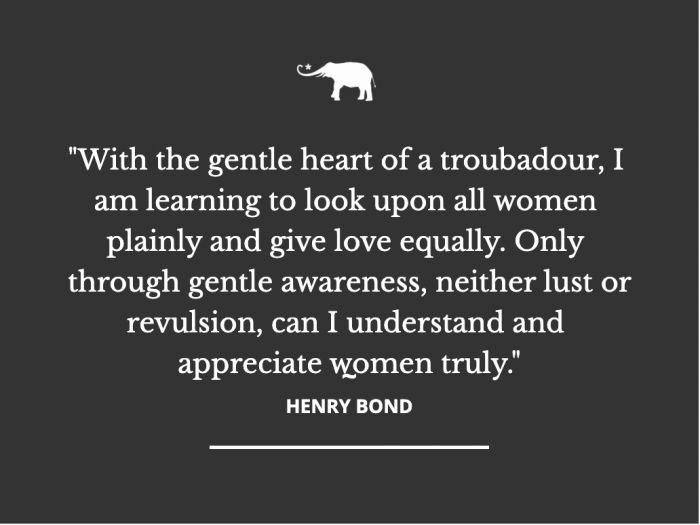I love my meditation teacher and feel envious of her kids.
To me, she is the paragon of mothering. This became apparent to me after a recent visit to her home for three weeks.
I participated in her shaktipat events where she gives spiritual blessings in person.
What I gained from my time with her was much more than a rich immersion in spiritual energy. I was able to spend lots of time with her kids during the three weeks and reflect on how my own upbringing was much different.
Whereas competitive sports and rote learning at a private school characterized my early years, a homeschooling approach has allowed my meditation teacher’s kids more freedom to express themselves creatively. I saw how an unschooling philosophy enables them to follow their own interests and teach themselves.
While laying on the carpet, I made crafts and painted pictures with her eight-year-old daughter. I also received guitar lessons from her fourteen-year-old son and sat in the backseat of a small propeller plane that he flew, with a co-pilot, as part of his flight school training.
One event at a certain point during my visit proved yet another significant difference in my own upbringing. It happened when my meditation teacher’s kids had a friend hanging out one evening.
The kids were sitting at the kitchen counter and kneading putty slime with their hands. The friend grabbed two parts of the putty slime. She squeezed each part between her fingers and palms and pulled them upwards.
The putty slime became long and thin and drooped back down as she held each piece up. As the last bits of putty slime fell from between her fingers and palms, each piece came to form a bubble on the counter surface.
“What does that look like?” My meditation teacher asked. “Boobies,” she added. “We love boobies in this house and my children were breastfed until they were four and a half.”
I remember thinking that I certainly was not breastfed that long as a child and that my mother had said I cried an unusual amount as an infant.
At this point, it became apparent how envious I felt toward my meditation teacher’s kids and her way of raising children.
It encouraged me to confront the real source of these feelings.
I have come to believe that these feelings do not originate with her or her kids. They stem from my own childhood experiences, especially my infant interactions with my own mother. I suspect that difficulties in bonding with my mother during infancy have led me to displace feelings of desire and frustration onto my meditation teacher.
Object relations theory, pioneered by childhood psychologist Melanie Klein, maintains that our earliest images of people and events become objects in the unconscious that we carry into adulthood.
The theory explains that we transfer our earliest infant desires and frustrations onto other people in different contexts throughout our adult life. So, if we experienced neglect in our infancy, we may then expect a similar pattern of behavior from others in our adult life.
The first object that we experience in life is usually an image of our mother that we internalize. That object initially consists of parts of the mother, usually her breasts. The way that we relate to her breasts during infancy sets into motion a pattern in the unconscious.
When an infant is hungry, it desires a breast to feed on. If the breast is there to feed, the infant characterizes it as a good breast. If the breast is not there, the infant becomes frustrated and distressed and it has aggressive and destructive fantasies against what it considers a bad breast.
During the early stages of infancy, the child cannot comprehend the “good” and the “bad” breasts as a whole. The infant cannot understand that the good and the bad are actually one and part of the same mother.
Eventually, if parenting of the child is “good enough,” it does come to recognize the “good” and the “bad” breasts as part of the same mother. If the parenting is unsatisfactory, the child may repress the “bad” aspects of the mother and of the self. This can lead to difficulty in future relationships.
In my case, I had a more than good enough upbringing. My mother loved me deeply and raised me with conscious intent. I can still remember when she took me for walks around our first neighborhood to collect pinecones, sticks, leaves, and various things in a bucket. As a result, I have grown into a well-functioning adult who is capable of utilizing reason, holding a job, and maintaining independence.
However, like most children, my upbringing was by no means perfect. And that means there are still plenty of emotions remaining for me to heal. I want to open up spiritually and discover my true self and that involves a willingness to investigate those unconscious parts of myself that have yet to be revealed and seen. I want to make the unconscious conscious.
In my spiritual work with my meditation teacher, we sometimes try to uncover early mental images that may be the result of difficulties in my current relationships. I believe that the purpose of this process is to help me overcome split representations of both the “good” and the “bad” that are still lingering in my unconscious.
By recovering memories of the “bad” that I once repressed, I can come to resolve in my unconscious that the “bad” object and “good” object are actually the same—that which frustrates also gratifies; that which persecutes is also ideal; that which is hated is also loved.
I can also come to recognize the hateful feelings that I repressed about the loved object during my infancy. Once I recognize those hateful infant feelings that were centered on my own welfare and survival, I can begin to experience remorseful guilt and sadness. I can experience a deepening of love for my mother as a whole person. I can begin to long for the repair of what I damaged through hate.
I can start by loving my mother fully. I can become that nurturing and affectionate person that I wish she had been for me during my infancy. And by resolving these repressed emotions toward my mother, I can start to improve my relationships with other women in my life.
I can look beyond the personal to the universal and realize that how I view one woman affects how I view all others.
Mythology scholar, Joseph Campbell, described this apprehension of wholeness in the mother in the mythical sense:
“She unites the good and the bad, exhibiting the two modes of the remembered mother, not as personal only, but as universal. The devotee is expected to contemplate the two with equal equanimity. Through this exercise, his spirit is purged of its infantile, inappropriate sentimentalities, and resentments and his mind opened to the inscrutable presence which exists, not primarily as good and bad with respect to his childlike human convenience, his weal, and woe, but as the law and image of the nature of being.”
With the gentle heart of a troubadour, I am learning to look upon all women plainly and give love equally. Only through gentle awareness, neither lust or revulsion, can I understand and appreciate women truly.
Eventually, I can expand the capacities of my ego-self and perceive the world in a more rich and realistic way.
I can begin to see that it’s not just women I have held fragmented views of, but all people and things. And as I do so, then maybe, just maybe, I will open up to divinity.
~









Read 0 comments and reply